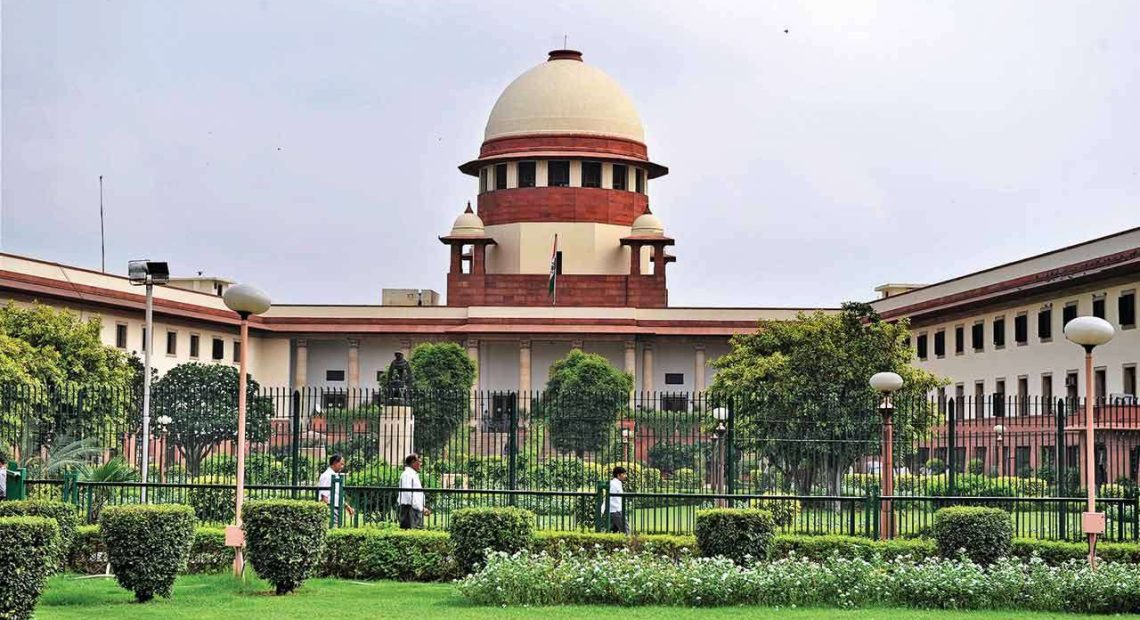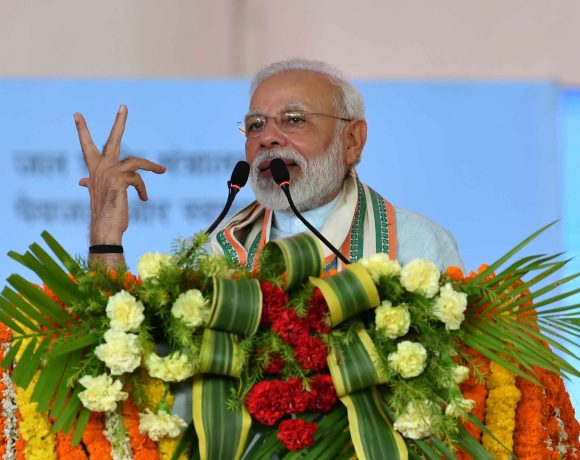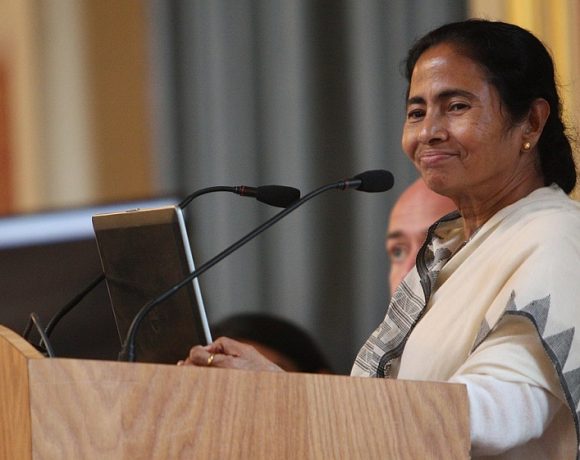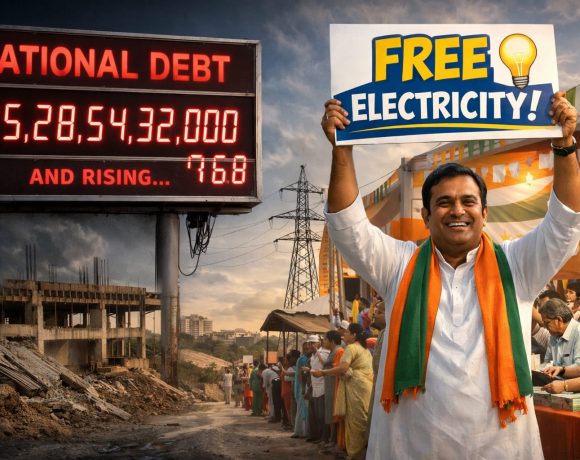
India’s Supreme Court Upholds Electoral Bond Scheme
India’s Supreme Court has upheld the legality of the Electoral Bond Scheme, a mechanism introduced in 2018 to facilitate anonymous donations to political parties. The court ruled that the scheme does not violate citizens’ right to information and serves to curb the use of unaccounted money in politics.
Background on the Electoral Bond Scheme
The Electoral Bond Scheme allows individuals and corporations to purchase bonds from authorized banks and donate them to political parties of their choice. These bonds are bearer instruments, meaning they do not carry the name of the donor, thereby ensuring donor anonymity. The scheme was introduced with the aim of enhancing transparency in political funding while protecting donor privacy.
Supreme Court’s Rationale
The Supreme Court’s bench, led by Chief Justice N.V. Ramana, stated that the scheme strikes a balance between the donor’s right to privacy and the public’s right to information. The court emphasized that the scheme includes sufficient safeguards to prevent misuse and promotes clean electoral funding by channeling donations through formal banking channels.
Reactions and Implications
The ruling has elicited mixed reactions. Supporters argue that the scheme reduces black money in politics and encourages legitimate funding. Critics, however, contend that the anonymity provision undermines transparency and could lead to undue influence by wealthy donors. The decision is expected to have significant implications for political financing in India, especially with upcoming elections on the horizon.


















